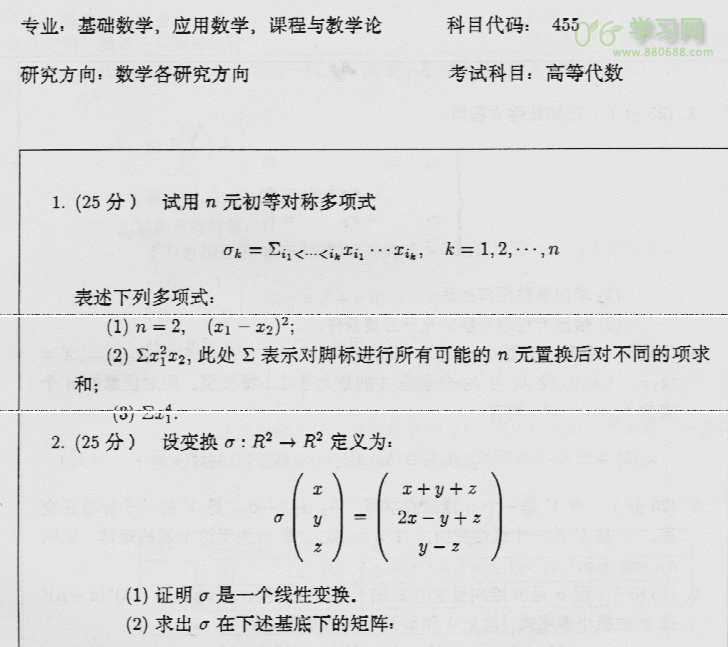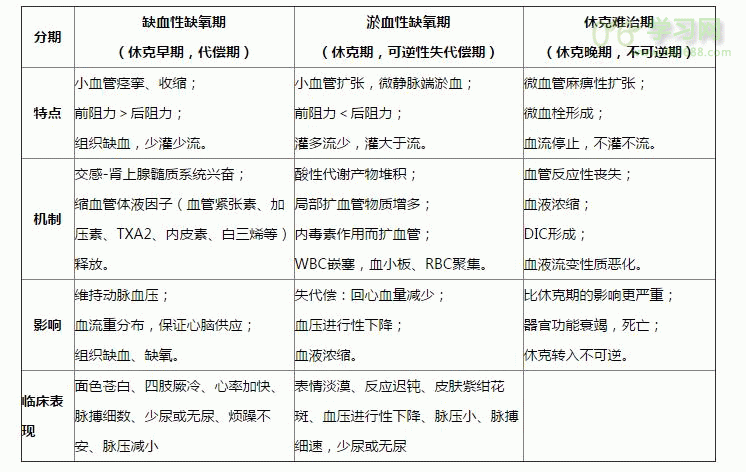ccv5影院,神头二武火焰山,徐心澄
B. win the final cheers from his supporters
C. defeat another candidate in the election
D. help his vice president get elected
Passage Three
There is no question that academic enterprise has become increasingly global, particularly in the sciences. Nearly three million students now study outside their home countries——a 57% increase in the last decade. Foreign students now dominate many U.S. doctoral programs, accounting for 64% of Ph. Ds in computer science, for example.
Faculty members are on the move, too. Half of the world’s top physicists no longer work in their native countries. And major institutions such as New York University are creating branch campuses in the Middle East and Asia. There are now 162satellite campuses worldwide, an increase of 43% in just the past three years.
At the same time, growing numbers of traditional source countries for students, from South Korea to Saudi Arabia (沙特阿拉伯), are trying to improve both the quantity and quality of their
own degrees, engaging in a fierce and expensive race to recruit students and create worldclass research universities of their own.
Such competition has led to considerable hand-writing in the West. During a 2008 campaign stop, for instance, then-candidate Barack Obama expressed alarm about the threat that such academic competition poses to U.S. competitiveness. Such concerns are not limited to the United States. In some countries worries about educational competition and brain drains have led to academic protectionism. India, for instance, places legal and bureaucratic in front of Western universities that want to set up satellite campuses to enroll local students.
Perhaps some of the anxiety over the new global academic enterprise is understandable. Particularly in a period of massive economic uncertainty. But educational protectionism is as big a mistake as trade protectionism is. The globalization of higher education should be embraced. not feared——including in the United States. There is every reason to believe that the worldwide competition for human talent, the race to produce innovative research, the push to extend university
campuses to multiple countries, and the rush to train talented graduates who can strengthen economics increasingly knowledge –based economics will be good for the United States, as well.
41. A feature of the globalization of the academic enterprise is that more students _____.
A. study in foreign countries
B. major in computer science
C. take joint doctoral programs
D. return home after studying abroad
42. A satellite campus is probably a branch campus that a university sets up _________.
A. in developed countries
B. in another country
C inside another university
D. on the Internet
43. The word “hand-wringing ”(Para.4) probably means “________”.
A. anger
B. in another country
C. interests
D. delight
44. Academic protectionism is characterized by _____.
A. enlarging enrollment of local students B. limiting the growth of Ph. D. programs
C. creating more satellite campuses abroad
D. restricting satellite campuses of foreign universities
45. In the last paragraph, the author tries to emphasize that _____.
A. the academic enterprise has become global
B. academic competition has led to protectionism
C. worries over educational competition are understandable
D. educational protectionism cannot be justified
Passage Four
Who says your job leaves you no time to hit the gym? A detailed new study of U. S. physical activity patterns shows that men who work full-time whether their jobs are active or sedentary end up getting more exercise than healthy working –age men without a job.
The new study comes from researchers at the National Institutes of Health (NIH), As part of the National Health and Nutrition Examination Survey in 2003, some, 1, 800 working-age adults
were asked questions about their lifestyle and work habits, and, most importantly,查看考研成绩查询有更多惊喜, they then agreed to wear an accelerometer—a device to measure their physical activity — over the course of several days.
Those data from the accelerometers provide a rare opportunity to nail down how much activity the typical American actually does.
They show that men or women who work in active jobs do more physical activity on weekdays than men or women working in sedentary jobs. That’s perhaps not surprising, but the NIH researchers suggest that it still matters because of an ongoing shift in the economy toward sedentary work.
The more surprising finding is the one that compares full-time workers to people who don’t work. The study shows that men with full-time jobs do more physical activity than healthy men without jobs. (“Healthy man, ” in this case, were those men who said their primary reason for being out of work was something other than health or disability.) In fact, even sedentary fulltime workers performed more weekday physical activity overall than the healthy non-workers
The results looked very different for women. Women in sedentary jobs did less physical activity on weekdays than their healthy non-working peers.
So what drives the gender (性别)difference? The study looks at the patterns, and unfortunately can’t provide too much detail about their causes. There could be many possible answers, including, perhaps, different abilities to pay for leisure time activities, or different attitudes about work and physical activity. It could also be that more non-working women than men are choosing to be at home running around full-time after the kids.
But the NIH researchers do find evidence, they write, to suggest that, whatever causes the difference, healthy non-working women “are replacing work with active pursuits whereas ” for some reason —“[non-working ]men generally are not.”
在职研究生考试2014年十月联考英语真题整理
为帮助广大考生更好的获取在职研究生考试的历年英语真题,本栏目整理了在职研究生考试2014年十月联考英语真题的内容,希望对大家有帮助。
2013十月在职研究生全国联考英语真题分享
很多想要参加在职联考的同学都选择历年真题来做复习资料,编辑老师特别为大家整理了2013十月在职研究生全国联考英语真题的内容,帮助大家更好的复习。

 2017考研政治新大纲考试形式和试题结构
2017考研政治新大纲考试形式和试题结构 2017年考研病理学重点介绍
2017年考研病理学重点介绍 考研病理学重点2017年
考研病理学重点2017年 2017考研西病理学重点介绍
2017考研西病理学重点介绍